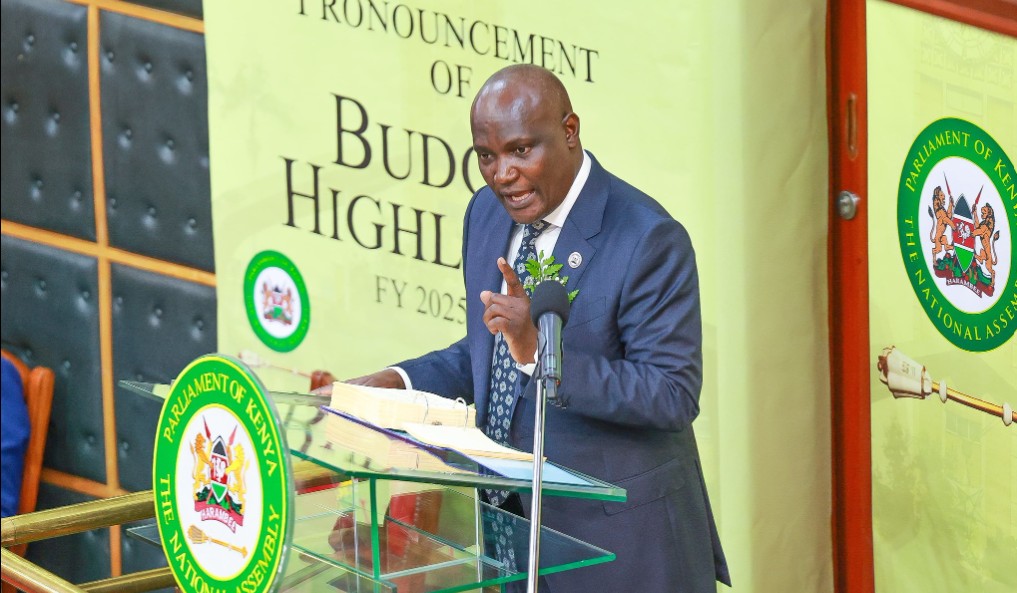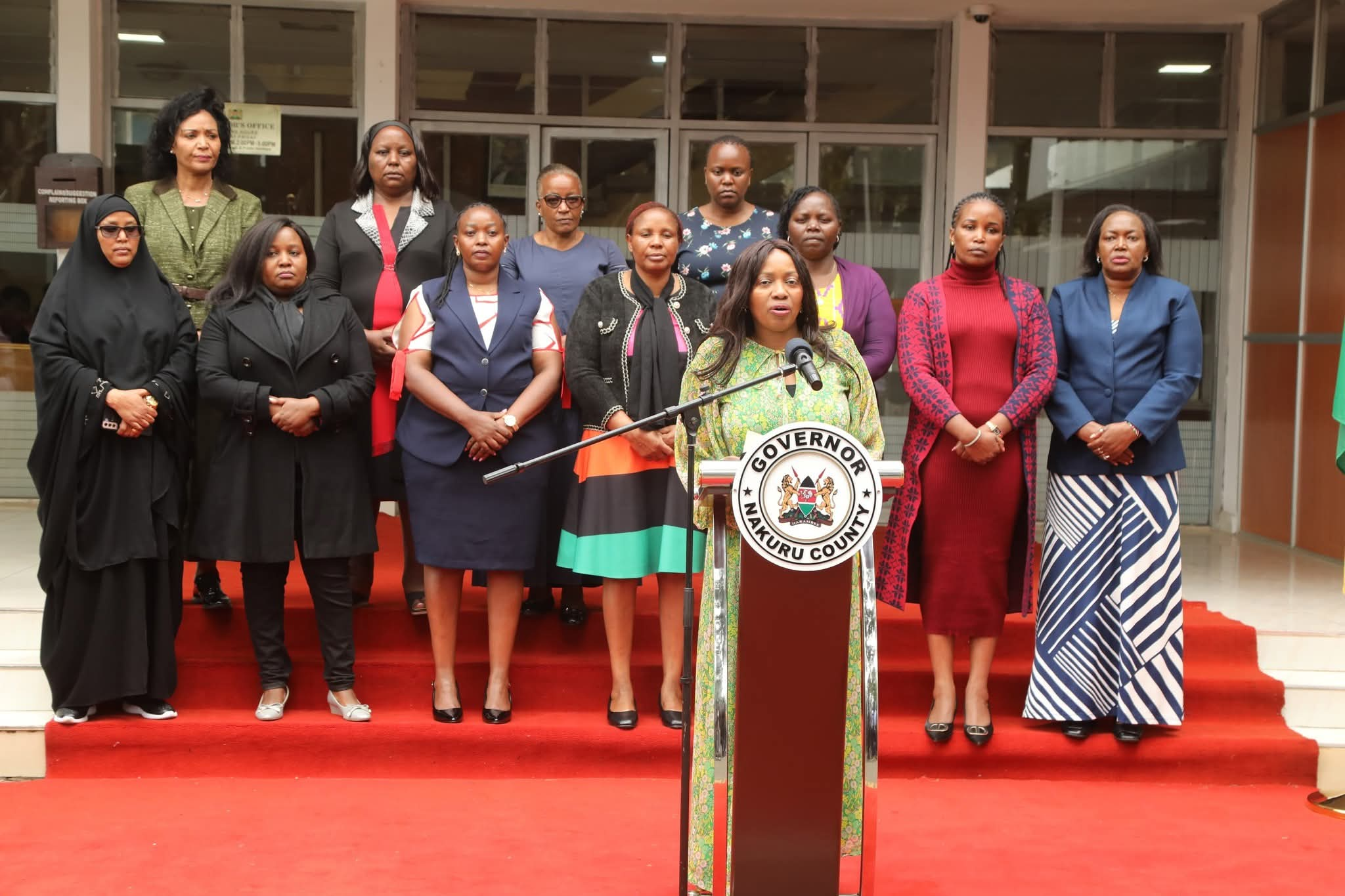Job losses loom as government mulls merging, dissolving 42 state corporations

CS Mbadi said state corporations have long been flagged as a source of fiscal risk.
Thousands of public sector jobs could be on the chopping block as the government moves to dissolve, merge, and restructure more than 40 state corporations beginning July 1, 2025.
According to the Treasury Cabinet Secretary John Mbadi, the move is part of the government’s agenda aimed at containing the country’s ballooning wage bill.
More To Read
- Education agencies appeal to MPs over delayed merger, say move hampering recruitment, policy rollout
- MPs give Uwezo Fund 14 days to explain audit failures as legislators mull merger
- MPs propose three-year term limit for state corporation CEOs
- Judiciary calls for budget increase, says Sh20 billion deficit crippling functions
- Small businesses struggle as government pending bills surge to Sh684 billion
- Kenya’s current account deficit surges to Sh66 billion - KNBS
In his speech in Parliament while delivering the 2025/26 Budget Statement, Mbadi said state corporations have long been flagged as a source of fiscal risk.
This is due to persistent operational inefficiencies, mismanagement and heavy reliance on taxpayer funding.
To address the vulnerabilities, the CS says in the Financial Year beginning July 1, the government is going to effect the restructuring plan approved by the cabinet in January this year.
This includes, first, the merger of 42 state corporations into 20 entities, a move Mbadi says will improve efficiency and eliminate duplication of roles.
Additionally, 25 corporations will be dissolved, with their functions transferred to parent ministries or other state agencies.
Six corporations will undergo mandated realignment, while four public funds and 13 professional bodies currently treated as state corporations will be reclassified to either ministry control or private status, respectively.
In support of these changes, Mbadi highlighted that the government has developed the Government-Owned Enterprises Bill, 2024, now before Parliament.
“The Bill is part of broader efforts by the government to streamline public enterprises, reduce fiscal risks, and enhance service delivery to citizens,” Mbadi said.
“The Bill is currently before this August House for consideration. I urge honourable members to favourably consider the Bill to enable its enactment.”
These reforms are closely tied to broader efforts to rein in the country’s ballooning public sector wage bill, which currently stands at nearly 45 per cent of revenue, well above the 35 per cent threshold stipulated in the Public Finance Management Act.
The Treasury further noted that it has outlined plans to fully implement the Unified Human Resource Management System across all public entities by July 2025.
It aims to tighten oversight of public employment and eliminate ghost workers and duplicative roles through the system.
Nevertheless, Mbadi reported that the Salaries and Remuneration Commission (SRC) is also working to phase out numerous allowances and streamline compensation structures in the public service.
“To this end, SRC will progressively review allowances and benefits in the future Collective Bargaining Agreements, aligning them to the Allowances Policy Guidelines for the Public Service,” Mbadi added.
Top Stories Today












































